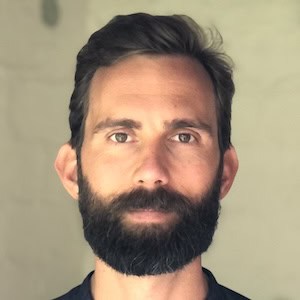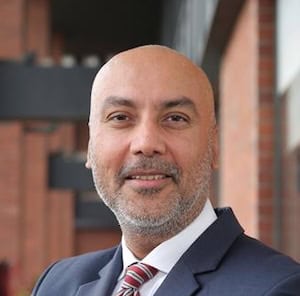-
Friday Roundup ? 6/10/11: Balancing Idealism Vs. Pragmatism
This week felt like a bit like a tennis match between pragmatism and idealism. That’s always the balancing act we try to strike on NextBillion, to mix a metaphor. But whether it was one-for-one models, the effectiveness of microcredit or the promise of $300 homes, the volleys this week seemed to move a bit more fast and furious than usual.
- Categories
- Uncategorized
-
ViewChange Video of the Week: Coconut Oil is Helping to Power Papua, New Guinea
It’s cheap, in plentiful supply, contributes less greenhouse gases that diesel, and smells great. The people of Bougainville have found their own solution to the energy crisis: the humble coconut tree. German emigrant Matthias Horn who established a "coconut refinery" several years ago, and now produces an oil that can replace diesel.
- Categories
- Uncategorized
-
The Best of May on NextBillion: Challenging Assumptions
In May, our most-read posts had a common theme: challenging assumptions. Specifically, we featured voices and counterpoints that ran against the mainstream, both supporting our sector and questioning it. So it seems fitting that we also announce a new staff writer who has dueled conventional wisdom on the subject of BoP marketing and advertising.
- Categories
- Education
-
Playing Politics: Women (Truly) Empowering Women in Bangladesh
As with so many other causes, women’s empowerment, can always be trumped by politics. But in 2001, 24 women entrepreneurs in Bangladesh came together to change those politics. At the helm was Selima Ahmad, president of the Bangladesh Women’s Chamber of Commerce and Industry (BWCCI). By 2010, BWCCI counted 2,500 women-owned businesses as members.
- Categories
- Uncategorized
-
Public-Private Engagement for Better Health in Africa
While assessing the good, the bad, and the innovative, new report by the World Bank Group finds that public-private engagement is less than systematic. The Healthy Partnerships report evaluates engagement with private providers in 45 African countries. Lead author Connor Spreng, an economist at the World Bank, on the findings.
- Categories
- Health Care, Technology
- Tags
- governance
-
MOTECH’s Mobile Apps Bridging Rural Gap for Pregnant Women
Started in 2009, MOTECH is a mobile health platform that offers two main applications: mobile midwives and nurse services. Pregnant women and their families register for the cell service through community health centers. MOTECH boosts efficiency for nurses, to be sure. But it also gets low-income patients to think consciously about their health.
- Categories
- Technology
-
Ashoka’s Drayton: Education and the Future Marketplace
Ashoka Founder Bill Drayton views the more than 2,700 Ashoka Fellows as a sensitive Geiger counter for detecting big economic and social shifts. He sees critical gaps in empathy, teamwork, leadership, and change-making being taught to young people. The "parts of the world that do not master these traits will be left in terrible shape," he says.
- Categories
- Education, Social Enterprise
- Tags
- academia
-
When the Shoe Doesn’t Fit: An Investor’s Take on One-for-One Models
There is one model that has grabbed significantly more mainstream attention than the rest: the "one-for-one." TOMS Shoes, the best-known example, gives shoes to the shoeless when you buy a pair for yourself. But as an investor have a new set of concerns about whether and how one-for-one models can become sustainable, scalable organizations.
- Categories
- Impact Assessment, Social Enterprise









